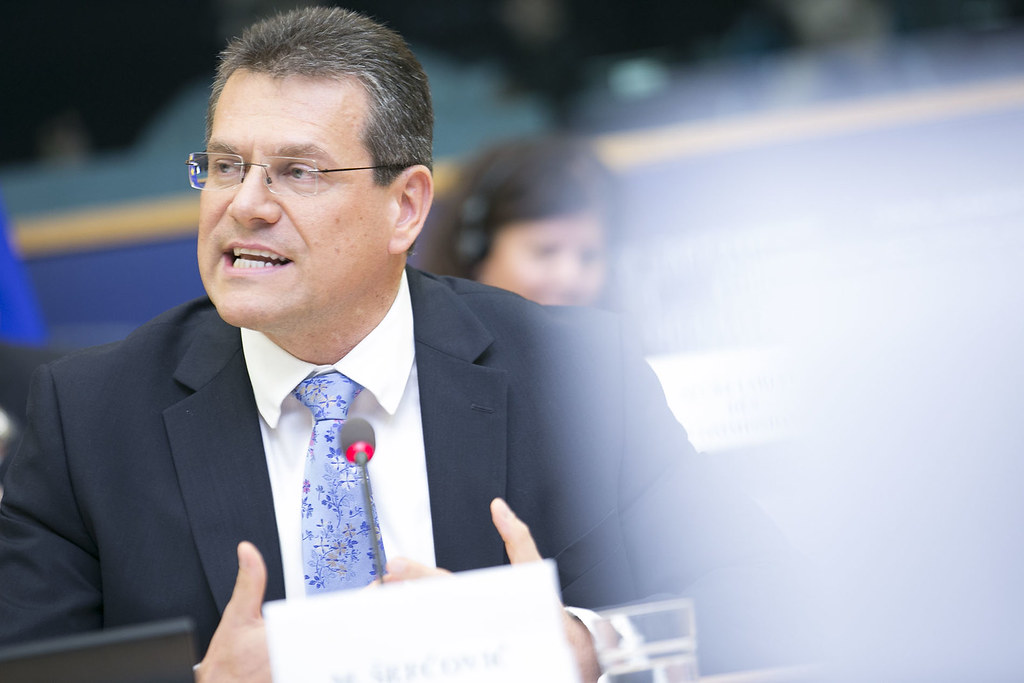
The United Kingdom government has initiated discussions with businesses regarding the potential advantages of joining the Pan-Euro-Mediterranean (PEM) convention. This plan could significantly streamline trade processes by reducing bureaucratic hurdles. However, London has yet to precisely outline its strategy for incorporating the PEM plan.
The responsibility for progressing this initiative appears to lie with the UK, as the idea of joining the PEM has not been “precisely formulated” by London. The PEM plan could offer substantial benefits, particularly for businesses advocating its adoption. These companies believe that joining PEM would enable the UK to reintegrate into complex supply chains disrupted by post-Brexit customs barriers. The PEM convention allows manufacturers to use components or ingredients from numerous countries, ranging from Iceland to Turkey, facilitating tariff-free trade.
EU Open to Negotiations
Maros Sefcovic, the European Union’s new trade chief, expressed an openness to negotiating with the UK on the PEM plan. He noted that UK-EU relations have improved, indicating a positive environment for potential negotiations. Sefcovic emphasized the importance of a fisheries agreement, as the current EU-UK fisheries deal is set to expire next year.
“A solution for fisheries is very important for the EU, again, we communicated this on multiple occasions” – Maros Sefcovic
The previous Conservative government opted not to pursue PEM as part of its post-Brexit trade agreements. However, there is now a renewed interest from some sectors within the UK. The EU holds a surplus in goods like cars, while the US has a surplus in services, highlighting different economic focuses between these regions.
Sefcovic mentioned that his British counterpart, Nick Thomas-Symonds, is readily available for discussions, suggesting open lines of communication. Sefcovic also addressed potential misconceptions about the PEM plan.
“It’s not freedom of movement. It’s a bridge-building proposal” – Maros Sefcovic
The prospect of a full-scale veterinary agreement to ease trade frictions involving farm and food products would necessitate careful review and negotiation. Additionally, Sefcovic remarked on how the European Commission’s proposal on youth exchanges had been misrepresented.
“We do not want to look like the demanders here, because we believe this is good for the UK” – Maros Sefcovic
What The Author Thinks
The UK’s interest in the PEM convention signifies a pivotal moment for its trade strategy post-Brexit. While the potential benefits are clear, the ambiguity surrounding the UK’s commitment and preparedness to leverage such a multilateral agreement poses questions about its strategic direction in international trade. The discussions with the EU represent a hopeful avenue for collaboration, but the UK must clarify its intentions and align its policies to maximize the benefits of such integration.
Featured image credit: EPP Group via Flickr
Follow us for more breaking news on DMR
